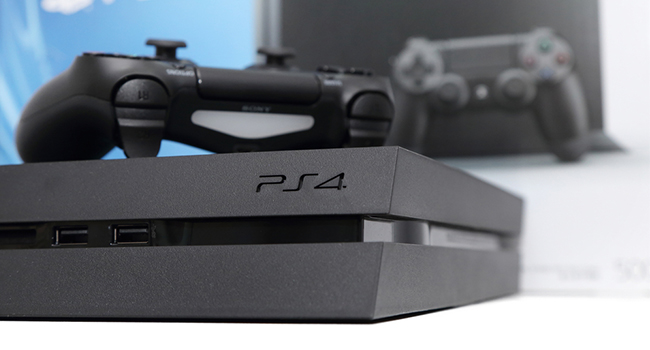
Paris Attackers Could have used PlayStation 4 to Communicate
- By Sydny Shepard
- Nov 16, 2015
While French authorities are on the hunt for those suspected of orchestrating the terrorist attacks in Paris in November, other are trying to piece together how the plans unfolded without the prior knowledge of security officials.
PlayStation has been the gaming console of choice among games around the world, but now officials are afraid it may have been the platform in which the terrorist relayed messages through. In the wake of Friday, November 13, terrorist attacks on Paris, Belgian federal home affairs minister Jan Jambon warned about the growing popularity of Sony’s PlayStation 4 among terror networks, which use the gaming device as a communication channel.
After the nearly simultaneous sieges in Paris, which left at least 129 dead and 352 injured, authorities in nearby Brussels conducted a number of searches for those responsible and discovered evidence that included at least one PS4 console. Jambon believes the Islamic State group, which has since claimed responsibility for the attacks, employed the gaming console to communicate because it is very difficult to monitor.
There are several ways in which ISIS could speak to one another through the console. PS4 users can send messages through the PlayStation Network online gaming service, use voice-chatting or even communicate through a specific game.
PlayStation’s IP-based voice systems are difficult for investigator to monitor compared to traditional forms of communication such as mobile phones and computers.
While it remains unclear whether the militants from the Paris attacks actually used the PS4 to communicate, the popular gaming console has proven to be an effective avenue of covert communication.
UPDATE: The Forbes reporter who originally connected the PlayStation 4 with the Paris attacks, including details of a discovered PS4 at an attacker's apartment, has now admitted he got the story wrong, entirely inventing the discovery of the console. While it is entirely possible the attackers could have used the gaming console, there is currently no evidence linking the PlayStation 4 or Sony networks to the Paris attacks.
About the Author
Sydny Shepard is the Executive Editor of Campus Security & Life Safety.